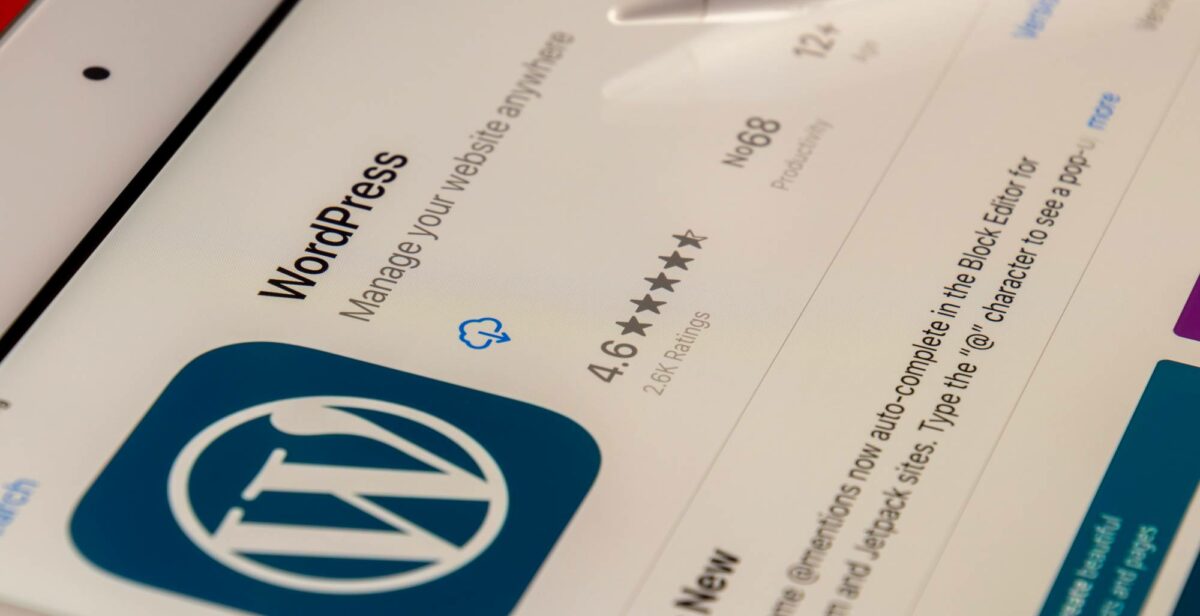I’ve written quite a bit on this blog about the importance of keeping WordPress up to date. But one specific question that comes up often is how often you should run WordPress updates.
The answer to this is pretty simple – you should update it as often as you can. As part of our service we log into our customer’s sites at least weekly to do updates. But if you are in your site more regularly there’s no reason you can’t do it more often. There’s nothing better than seeing a nice WordPress interface with no alerts – well there are probably some things that are better but you get the point.
That said there are quite a few things you need to be aware of when it comes to WordPress updates that may change the above scenario.
First of all it’s essential that you have a solid process for doing the updates. Don’t just wing it and start updating stuff if you don’t know what you are doing. Check out this following post for more info on that point: How to Avoid WordPress Update Anxiety With an Updates Process.
Secondly you have to know your site, the theme, the core version and the plugins well. Whether you just know it already, or you and your developer have a notes documenting everything about the site (that’s what we do), you have to understand the specifics of the site. Often there will be certain plugins that are problematic when upgrading, or there might be some parts of the site that are customised that can break when you run upgrades (hopefully not). Themes are another problem area, if the theme has been modified incorrectly, updates may change the design of the website. So you really have to know your site.
One more thing to think about here is the compatibility between WordPress plugins and the WordPress core. When WordPress comes out with a new version, plugin developers have early access to be able to make sure their plugin is tested with the new version. You don’t really want to upgraded WordPress and find that some of your plugins don’t work with the new version.
Using only well known popular plugins generally you don’t have this issue, but if you have some lesser known ones it can become a problem. Sometimes it can be a good idea to check if plugins have been tested with the updated version of WordPress, and if not consider waiting until they have.
Generally though I find most things don’t break when you updated WordPress and as a risk adjuster, I suggest having a staging site set up to test the updates on before you make them live. You can read more about staging sites in this post: When and how to set up a staging site for WordPress.
If you are an Australian business who wants help with WordPress check out our plans here. If you are interested in more content like this, check out the rest of the WP Master blog.
Photo by Souvik Banerjee on Unsplash
- A simple guide to WordPress SEO - May 25, 2023
- Common WordPress Errors and How to Fix Them - May 25, 2023
- What To Do If Your WordPress Website Is Down - May 25, 2023

